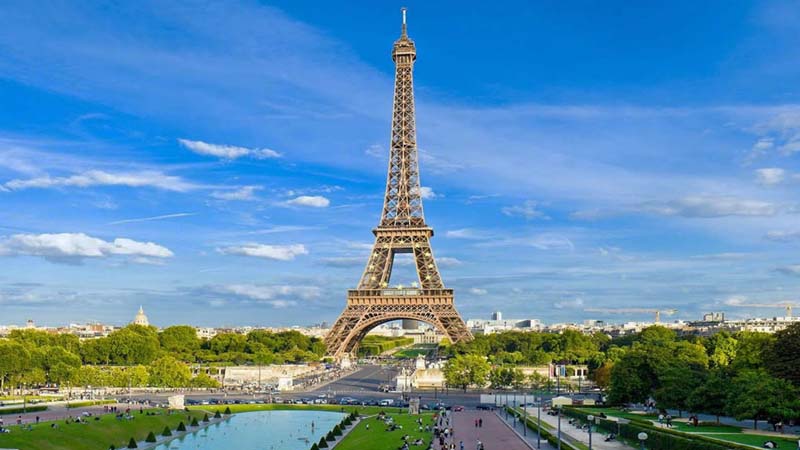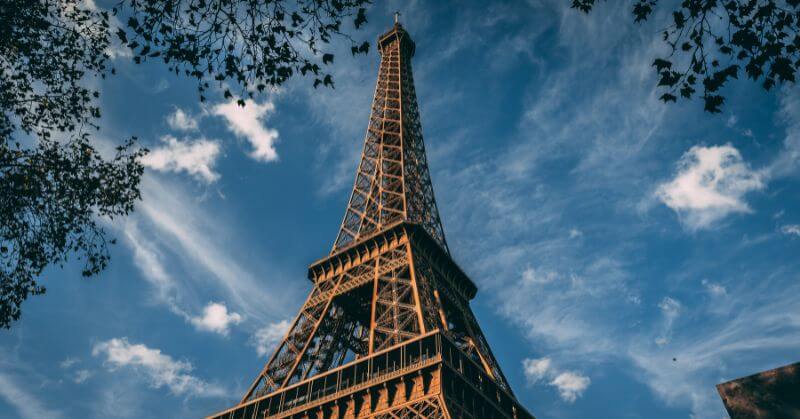The closure of the iconic Eiffel Tower, a global tourist magnet, caught visitors by surprise on its centenary. Coinciding with Gustave Eiffel’s death anniversary, the strike disappointed eager tourists. Travel plans were abruptly disrupted for those anticipating iconic Parisian views. The closure prompted inquiries into operational issues affecting daily Eiffel Tower functions. Visitors seeking enchantment faced unexpected challenges during the strike. This episode highlighted the delicate balance between the Eiffel Tower’s cultural significance and operational challenges.
Eiffel Tower Strike

The General Confederation of Labour (CGT) union orchestrated the strike, criticizing the Société d’Exploitation de la Tour Eiffel (SETE) for its “too ambitious and unsustainable” business model. The union’s concerns revolved around the perceived inadequacies in the management approach, including financial projections and construction cost estimates. This protest, occurring on the 100th anniversary of Gustave Eiffel’s death, symbolizes a deeper conflict between the staff and the SETE management. The strike brought issues that had been simmering within the organization and highlighted the challenges faced in maintaining and managing one of the world’s most iconic landmarks.
Visitor Disappointment And Apology
With seven million annual visitors, three-quarters being foreigners, the closure left tourists disheartened and frustrated. Disappointment surged among tourists with meticulously planned Eiffel Tower visits. Acknowledging the gravity, SETE swiftly issued a public apology. Visitors were advised to check emails for updates on the unexpected closure. The incident underscored the need for effective communication and contingency planning in managing prominent tourist attractions.
Management Strategies And Long-term Sustainability

The strike and subsequent closure raise critical questions about the long-term sustainability of the Eiffel Tower’s current management strategies. Accusations of an “ambitious and unsustainable” business model, coupled with challenges in estimating construction costs and projecting future visitor numbers, underscore the delicate balance between maintaining the historical integrity of the landmark and ensuring its viability in the modern tourism landscape.
Gustave Eiffel’s Legacy And Metal Wizardry
Gustave Eiffel, renowned for designing the Eiffel Tower, left a lasting legacy beyond this iconic structure. Eiffel’s global influence is evident in the diverse landmarks he creatively designed. The Eiffel Tower’s closure on its centenary adds a poignant layer to management challenges. Exploring Eiffel’s portfolio, from bridges to the Statue of Liberty, showcases his profound impact. It provides insight into the breadth of Eiffel’s influence on global architectural and engineering marvels.
The closure of the Eiffel Tower, prompted by a staff strike, has brought to light underlying management issues that extend beyond the immediate inconvenience to tourists. The incident prompts reflection on the delicate balance between maintaining a global icon and ensuring its long-term sustainability. As the SETE works towards resolving internal conflicts and improving its management strategies, the Eiffel Tower’s future remains a subject of scrutiny and interest for tourists and enthusiasts worldwide.
Follow Us: Facebook | Instagram | Twitter |
Youtube | Pinterest | Google News |
Entertales is on YouTube; click here to subscribe for the latest videos and updates.














